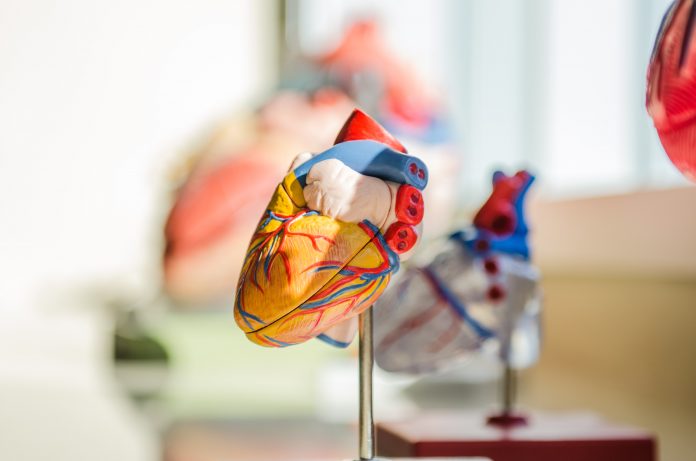17 May is World Hypertension Day, providing an excellent opportunity to raise awareness about this condition. Let’s do that by busting some myths related to hypertension.
Myth 1: Hypertension is not very common, so it won’t affect me
According to the Heart & Stroke Foundation*, hypertension affects 1 in 3 adults in South Africa and is responsible for 13% of all deaths globally. But while it is extremely common, hypertension is also called “the silent killer” because often people don’t know they have the condition before it’s too late.
That’s why it’s important to have your blood pressure checked regularly, from the age of 18 onwards. The ideal blood pressure for an adult is around 120/80, while high blood pressure is 140/90 or higher. Some medical aids, like Fedhealth, offer health risk screenings which help identify members who are at risk of developing lifestyle diseases like hypertension, diabetes and high cholesterol. Interestingly, hypertension is in fact the top chronic condition currently listed among Fedhealth members. The medical aid uses these screenings to then suggest suitable lifestyle interventions, or help these members manage these diseases through practical advice.
Myth 2: Hypertension only affects your blood vessels
High blood pressure, also known as hypertension, is a condition where too much pressure is placed on the walls of the arteries. Imagine a garden hose with a normal flow of water through it that is working nicely. If you increase the pressure by drastically turning up the amount of water gushing through, and then pinch off spots of this hose, something’s got to give. The same happens in the case of hypertension: the increased pressure means the
heart has to work harder to pump an adequate amount of blood to all the tissues of the body, causing serious damage to the walls of the arteries. But not only that – over time, uncontrolled hypertension increases the risk of heart disease, stroke, dementia, erectile dysfunction and even kidney failure.
Myth 3: I should wait for symptoms to appear
In some cases, typically with very high blood pressure, you could experience symptoms like headaches, visual disturbances, nose bleeds, nausea, vomiting, facial flushing and sleepiness. But often this is when the condition is at an advanced stage, and you don’t want to get to that. So the best course of action is to have your blood pressure reading done annually, so you can keep tabs on it, and make adjustments if necessary.
Myth 4: Hypertension is purely genetic
While you can be predisposed to hypertension, it is also greatly affected by diet and lifestyle. You’re at risk of developing hypertension if you:
- have a family member with the condition
- are a smoker
- are overweight or obese
- are pregnant
- take birth control pills
- are over the age of 35
- are not active
- experience extreme stress
- drink excessively
- eat too many fatty foods or foods with too much salt
- have sleep apnoea
Myth 5: I can’t do anything to manage my hypertension besides taking medication
Much can be done to help manage hypertension, beyond taking the medication advised by your doctor. Some of these steps include:
- Follow your doctor’s instructions and take any chronic medication you’ve been prescribed as specified.
- Maintain a healthy body weight. Losing even a few kilograms can lower your blood pressure.
- Get regular aerobic exercise.
- Quit smoking. Tobacco injures blood vessel walls and speeds up the hardening of the arteries.
- Eat healthy foods. Eat plenty of fruit, vegetables, whole grains and lean protein, and limit your salt intake.
- Limit alcohol and caffeine intake.
- Manage your stress levels. Practise coping techniques, such as meditation and deep breathing.
As with many health issues, education is important so that you can make the best choices and safeguard your wellbeing. If you haven’t had your blood pressure checked in the last year, use this opportunity to book an appointment with your doctor, or visit your local pharmacy clinic.






